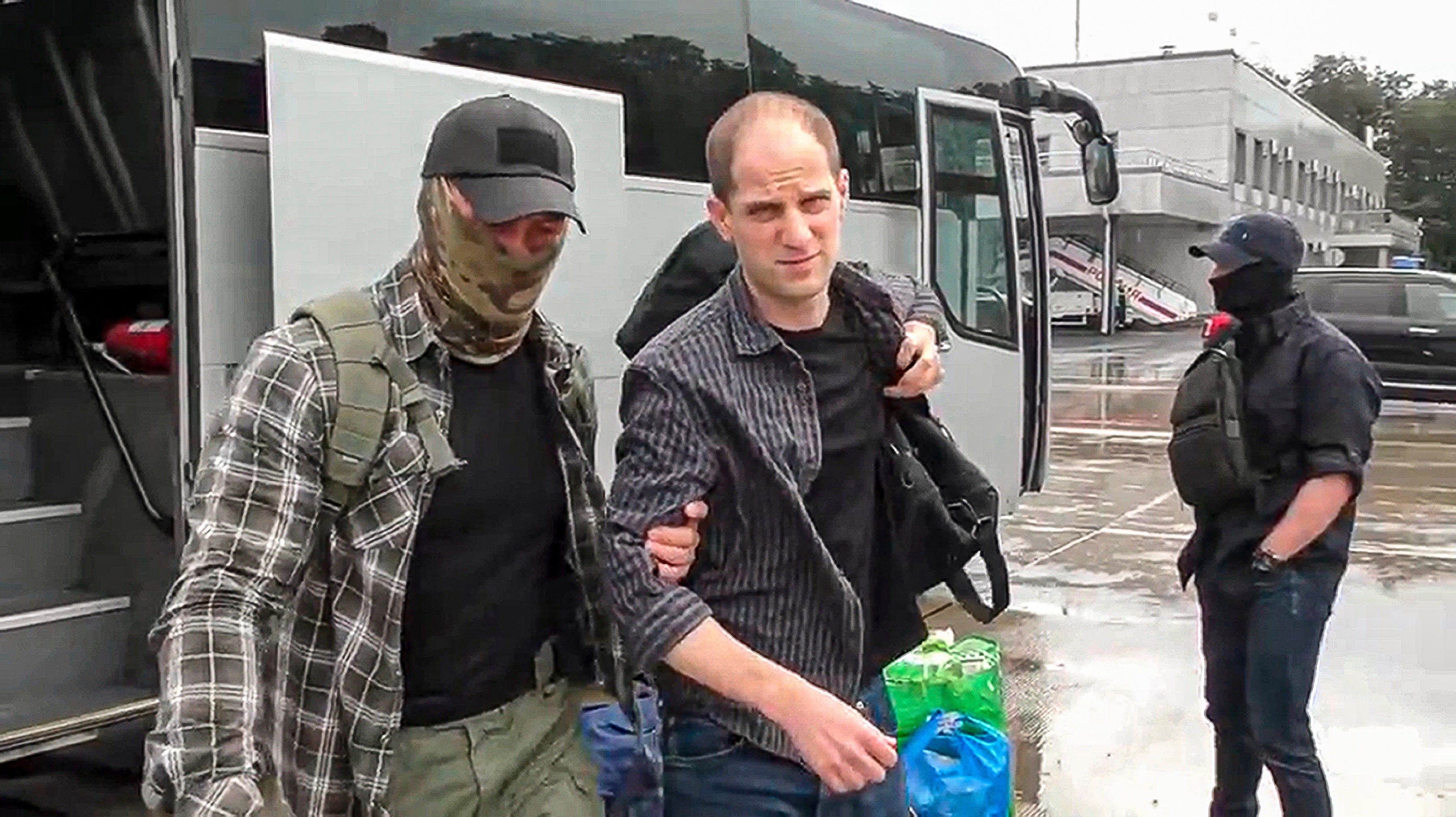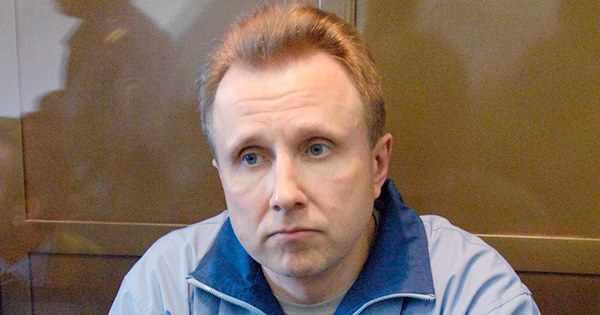In a landmark event reminiscent of Cold War-era diplomacy, the United States and Russia completed the largest prisoner exchange in post-Soviet history on August 1, 2024. This exchange saw the release of several high-profile prisoners, including journalists, former military personnel, and political activists. Let’s look at the details of the prominent individuals who were freed, the context of their detentions, and the broader implications of this exchange.
Evan Gershkovich
Evan Gershkovich, a journalist for the Wall Street Journal, was one of the most notable figures released in this exchange. Gershkovich was arrested in March 2023 on espionage charges, a claim he, his employer, and the US government vehemently denied. He was sentenced to 16 years in prison, a term that drew significant international condemnation. Gershkovich’s arrest occurred during heightened tensions between Russia and the West over the war in Ukraine.

Paul Whelan
Paul Whelan, a former US Marine, was another prominent figure in the exchange. Whelan was arrested in December 2018 on espionage charges and sentenced to 16 years of hard labor. At the time of his arrest, he was working as the head of global security for BorgWarner, a Michigan-based auto supply company. Whelan’s case has been a point of contention between the US and Russia, with the US government consistently advocating for his release.

Alsu Kurmasheva
Alsu Kurmasheva, a journalist for Radio Free Europe/Radio Liberty, was also released. Kurmasheva, who holds dual US and Russian citizenship, was detained in Russia in May 2023 for failing to register her US passport with Russian authorities. She was later charged with failing to register as a foreign agent, a charge that could have led to a five-year prison sentence. Her detention was widely viewed as part of a broader crackdown on independent journalism in Russia.

Photo by Roberto Schmidt/AFP via Getty Images.
Vladimir Kara-Murza
Vladimir Kara-Murza, a prominent Russian opposition politician and activist, was another key figure in the exchange. Kara-Murza was arrested in April 2022 and sentenced to 25 years in prison on charges of treason and spreading false information about the Russian military. His arrest and sentencing were condemned by human rights organizations worldwide, who viewed his detention as politically motivated.
Lilia Chanysheva
Lilia Chanysheva, a former coordinator for Alexei Navalny’s regional network, was among those released. Chanysheva was arrested in November 2021 and sentenced to 12 years in prison on charges of extremism. Her arrest was part of a broader crackdown on Navalny’s supporters and organizations, which the Russian government has labeled as extremist. Chanysheva’s release is seen as a significant victory for the opposition movement in Russia.
Vadim Krasikov
Vadim Krasikov, a former Russian intelligence officer, was also part of the exchange. Krasikov was serving a life sentence in Germany for the 2019 assassination of a former Chechen rebel commander in Berlin. His inclusion in the exchange was controversial, given the high-profile nature of his crime and the diplomatic tensions it caused between Germany and Russia. Krasikov’s release underscores the complex and often contentious nature of international prisoner exchanges.

Alexei Pichugin
Alexei Pichugin, a former security chief for the now-defunct Yukos oil company, was another prominent figure released. Pichugin was arrested in 2003 and sentenced to life in prison on charges of organizing multiple murders. His case has been widely criticized by human rights organizations, which argue that his prosecution was politically motivated as part of the Russian government’s campaign against Yukos and its founder, Mikhail Khodorkovsky. Pichugin’s release marks the end of one of Russia’s most controversial legal sagas.

Broader implications of the exchange
The US-Russia prisoner exchange of August 2024 is significant not only for the individuals involved but also for the broader geopolitical landscape. It marks a rare moment of cooperation between the US and Russia amidst ongoing tensions over the war in Ukraine and other geopolitical issues. The release of these prisoners is likely to be seen as a diplomatic victory for the US, which has been advocating for their release for years. This exchange demonstrates the willingness of both the US and Russia to engage in negotiations despite ongoing geopolitical tensions. The inclusion of individuals like Krasikov, whose crimes had strained relations between Russia and other countries, indicates the lengths to which both sides were willing to go to secure the release of their nationals.
This exchange also highlights the precarious situation for journalists and political activists in Russia. The arrests of Gershkovich, Kurmasheva, and Kara-Murza underscore the risks faced by those who challenge the Russian government or seek to report independently on its actions. Their release, while a positive development, does not change the broader environment of repression in Russia.









